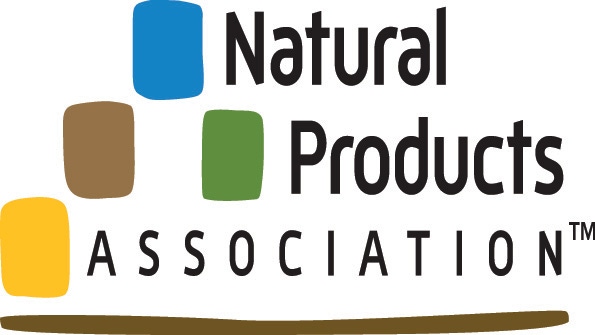NPA issues letter to The Children's Hospital of Philadelphia after it removed most dietary supplements from its formulary.
October 11, 2013

Sarah Erush, PharmD, BCPS
The Children’s Hospital of Philadelphia
34th Street and Civic Center Boulevard
Philadelphia, PA 19104
Dear Dr. Erush,
As an organization staunchly dedicated to improving the health of young people all across the world, we would expect The Children’s Hospital of Philadelphia to strongly support any legitimate product shown to benefit the well-being of your patients. Therefore, it’s unfortunate to hear that the hospital has made the decision to remove most dietary supplements from its Formulary.
According to your release, CHOP’s decision to discontinue the use of most dietary supplements is based mainly on the notion that these products are not regulated. This inaccurate understanding of the supplement industry is doing a disservice to both the hospital and its patients.
Dietary supplements are regulated as a unique category of food by the U.S. Food and Drug Administration (FDA). Under the regulations governing dietary supplements, manufacturers must:
Adhere to strict current good manufacturing practices (cGMP), requiring identity, potency and contaminant testing on all ingredients, with additional testing requirements for finished products.
Only use ingredients that are federally sanctioned.
Not add pharmaceutical ingredients, including steroids, to dietary supplements, as this effectively turns the product into an unapproved new drug.
Report to the FDA any information regarding serious adverse events that might be associated with the use of their product. Manufacturers must keep records of all adverse events, including non-serious events, for six years.
Register with the government, and give advance notification of raw materials imports.
The FDA has been regularly inspecting facilities regarding their GMP compliance, and the rate of these inspections has almost doubled each year for the past few years. Based on the regulations listed above and the number of inspections performed, we would dispute the hospital’s impression that dietary supplements are “essentially unregulated” and aren’t “routinely reviewed” by the FDA.
The Natural Products Association agrees that consumers should always discuss their supplement regimen with their healthcare providers. However, we would strongly oppose the barriers you’ve set in place for patients to continue their use of dietary supplements. The benefits of supplementation have been confirmed by decades of solid research and in recommendations from the World Health Organization and the American Heart Association, among others.
We understand Dr. Paul Offit is on staff at the hospital and even on the Therapeutic Standards Committee, so while we're disappointed, we are not necessarily surprised at CHOP’s position regarding dietary supplementation. We’ve been responding to Dr. Offit’s misguided viewpoint of the dietary supplement industry for the past few months now.
NPA would like to serve as an industry resource to you, and we welcome an opportunity to engage more on this issue to ensure you and your patients are receiving the most reliable information about supplementation.
Sincerely,
John Shaw
Executive Director & CEO
Natural Products Association
Cara Welch, Ph.D.
Sr. Vice President, Scientific & Regulatory Affairs
Natural Products Association

You May Also Like


